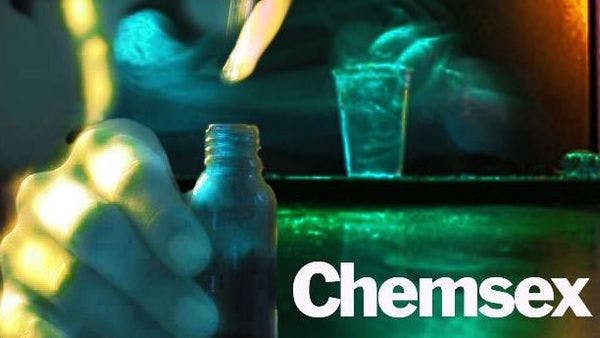The Brunswick centre
La réponse au chemsex est en train de transformer les services de santé sexuelle et de réinventer la réduction des risques
Les réponses les plus efficaces dérivent du dialogue entre des approaches auparavant isolées. Pour en savoir plus, en Anglais, veuillez lire les informations ci-dessous.
Chemsex has led the French community-based HIV organisation AIDES to bring two previously separate strands of its work together, Fred Bladou told the recent European Chemsex Forum in Berlin. AIDES began to talk about drug use with gay men and to talk about sexuality with people who inject drugs, he said.
The first part of its strategy was to develop a new approach to sexual health promotion and education. On the edge of Paris’ gay district le Marais, AIDES has opened a community health centre called ‘Le Spot’ that provides HIV testing, easy access to condoms and other prevention materials, and helps develop community understanding of pre-exposure prophylaxis (PrEP) and undetectable = untransmittable (U=U). There is also a strong emphasis on peer support, including weekly peer-to-peer meetings for men involved in chemsex - described as a space that allows men to be listened to and supported, recreating social connections for men who have become isolated.
The second part of the strategy was to develop a new approach to harm reduction, including adapting it to a new population who are taking different substances. Education is provided on safer injecting practices, including staff observing an individual’s injecting practice and giving feedback on how it could be safer. Users can bring substances they have purchased in for testing, to better understand what drugs they are actually taking. Sterile equipment is provided.
A similar approach has been taken in 15 French cities where AIDES works and where chemsex is an issue. Outreach is done at private sex parties, saunas and sex clubs. The organisation also moderates a private Facebook group with around 1200 participants and a WhatsApp group, both of which allow men to share information and feel less isolated.
Stephan Vernhes of AIDES said that the weekly Paris meetings were attended by around 15 men each time, with a total of around 180 men attending in the past year. Establishing ground rules was crucial to creating a safe space, Vernhes said. Each week, participants are reminded of guidelines on non-judgement, confidentiality, active listening and related issues.
To maintain interest, different themes are addressed each week, such as sexuality and pleasure; dealing with cravings; screenings of documentaries on drug issues; and presentations by sexologists, psychiatrists and addiction specialists. As an increasing number of participants now have a goal of abstinence, some sessions now address life without drugs or sex without drugs.
